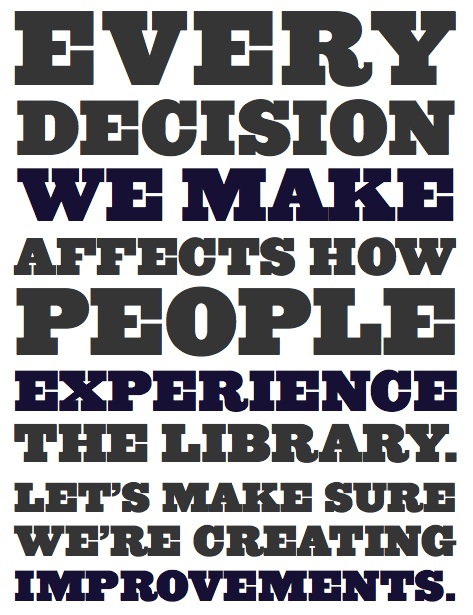Only sort of related to libraries, but since it’s National Library Week and coincidentally tax week in the US, I thought you might be interested in reading this article about how and why the IRS is moving to e-filing. To me this touches on some digital divide issues. It’s significantly cheaper for the IRS to process a return submitted online.
It costs nearly $3 to process a paper return, but processing an electronic return costs only about 35 cents. The error rate on paper returns is 20 percent, which consumers must compute and workers must enter into IRS computers, compared with 1 percent for e-filed returns.
People also get their refunds more quickly. There are fewer errors with online returns.
Yet after 20 years of e-file availability, we’re still only seeing 66% of returns filed online. And this is happening even as printed state (NJ, KY) and federal tax forms are becoming less and less available in libraries. Some states aren’t even printing the big tax form notebook anymore. And some states aren’t mailing print forms. Some county library systems haven’t been doing the tax form thing for nearly 20 years. The article examines why. If you are helping your patrons file online, be aware that there are free options available for low-income filers and even discounts for non-low income people if they know where to look. My bank, for example, had a discount on TurboTax’s usual rates available just by me clicking a link on their website.
And I’m trying to track down the copy I had of the letter we got at one of the small rural libraries from the IRS that basically said they wouldn’t be sending us printed tax forms anymore. This was back when we still had a dialup connection and it was mighty inconvenient. Having a hard time remembering when this was. Anyone know?
